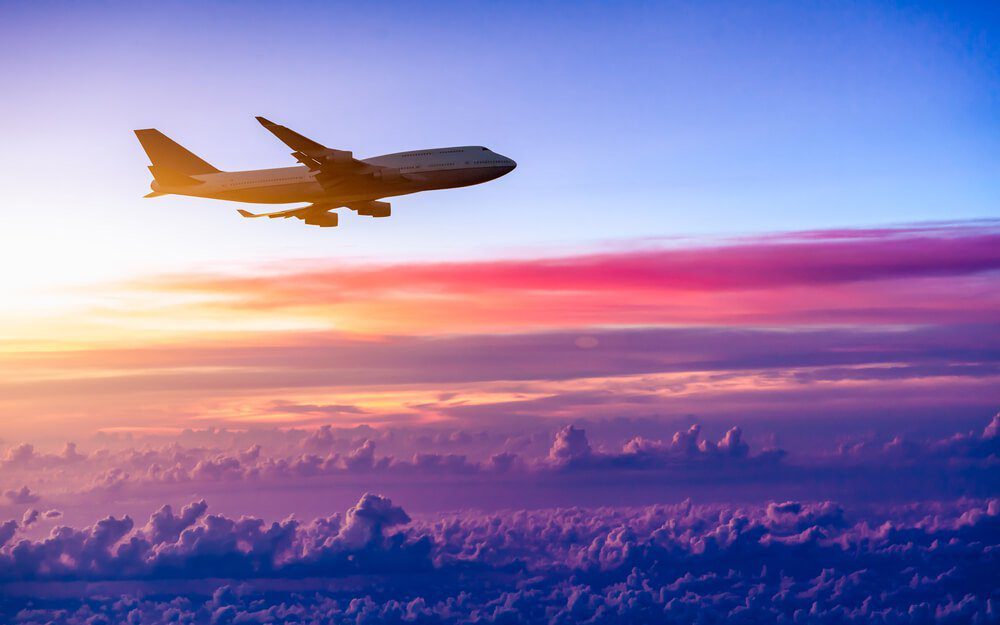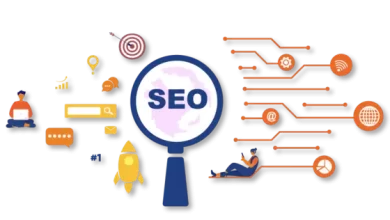What is The Impact of Technology on the Travel Industry?

Explore how technology transforms the travel industry, enhancing customer experiences, operations, and the future of travel. What is the impact of technology on the travel industry pdf, What is the impact of technology on the travel industry essay, What is the impact of technology on the travel industry on society, Impact of technology in tourism industry PDF, Negative impact of technology in tourism industry, Positive impact of technology in tourism industry, Technology and tourism PDF, Seven ways technology is changing the travel industry.
The travel industry has changed dramatically in the past few years, thanks partly to technological improvements. Technology has influenced every part of travelling, from how people plan and book their trips to their journeys. Technology has transformed the travel business, improving ease, personalisation, client service, & comprehensive travel experiences, and its impact continues to grow and expand. If you need to get yourself in touch with some of the latest technologies and learn more, then try out a coach hire.
Why Is the Travel Industry Undergoing a Technological Transformation?
The current 2020-2024 years and pandemic nearly brought the travel industry to its knees. Therefore, digital transformation is something that travel companies need to survive. Travel enterprises must enhance their offerings to reduce social gaps and social engagement among clients. Airport check-ins and bookings are all done online. According to a poll, around 55% of respondents globally were enthusiastic about future technologies that could further personalise their travel experiences. Travel firms use a variety of technological advances to improve their clients’ experiences. People typically look up information online, utilise apps as personal guides, and book flights or accommodations using websites or applications.
Why Do We Require New Technology in the Tourism Industry?
Technology plays an important part in the tourism industry by assisting businesses with daily operations and improving consumer happiness. The significance of the travel and tourist sector being current with technological developments and breakthroughs may be illustrated through:
- Improving interaction among guests and workers contributes to developing a simple, open, and welcoming environment which keeps both businesses and consumers happy.
- Convenience. Technology allows for smooth and frictionless services that are advantageous to customers as well as workers. Whether it’s scanning a QR code to order room service at a hotel or checking in online for a flight, innovation simplifies the requirements of consumers and the services which companies can offer them.
- Enabling staff to give outstanding service by digitising guest preferences like their favourite restaurants from their last stay or the number of pillows they like, so that when guests return to the same hotel, staff can suit them properly.
- Technology is predicted. Clients expect dependable technology, which includes wifi, online booking as well as client service, and up-to-date digital expertise on evolving COVID-19 protocols, regardless of whether you work for a hotel, airline, or travel agency. In today’s culture, businesses must adopt cutting-edge technologies.
How Do Technological Trends Affect the Travel and Tourism Industry?
The first major technology trend is evident in “travel technology.” Technology has transformed the way we travel, making it easier, more enjoyable, and less taxing to plan & experience. This significant development in the travel sector is commonly referred to as travel technology. As defined by experts, “travel technology” refers to employing technology to arrange travel. It enables travel agents to plan vacations for their clients, including airline tickets, hotel accommodations, automobile rentals, and a variety of other travel-related activities.” Travel automation has become a reality thanks to technological advancements, making travel planning more efficient and enjoyable for both travellers and travel agents.
What is the Impact?
Travel Planning: From Brochures to VR
Travel brochures & pamphlets are no longer sufficient. The Internet, as well as applications for smartphones, have put a large ocean of understanding at travellers’ fingers. Travel websites, internet reviews, & social networking platforms enable visitors to explore destinations, lodgings, and recreational opportunities before making a selection. According to a survey, 74% of travellers plan their trips online, whilst only 13% utilise travel agencies. Furthermore, virtual reality (VR) & augmented reality (AR) technology have advanced travel planning to a new level. Prospective travellers can take a virtual tour of a destination, encouraging them to make better choices.
Botox Timing: When Will It Start Working?

The Importance of AI and Big Data
AI and Big Data have brought in a new era with highly personalised travel experiences. Online platforms gather and analyse user data, allowing travel providers to create suggestions based on specific tastes. From proposing places based on previous investigations to providing customised itineraries, AI-powered algorithms improve customer engagement. Also, chatbots offer instant service to clients, providing travellers with real-time details and answering their questions as they leave on their journey.
Mobile Applications
Smartphones have grown into indispensable tools for travellers. According to research, more than 60% of mobile users regularly use travel applications to plan their travels methodically. Mobile applications include functions such as GPS navigation, language translation, and even currency conversion, which make it easier than ever to navigate foreign locations. Travel applications feature real-time updates on flight schedules, weather conditions, & local events, thus guaranteeing travellers stay apprised and adaptive throughout their journeys.
Conclusion:
The influence of technology on contemporary travel is evident. It has transformed the industry in ways we were unable to anticipate a few decades ago. As we negotiate the constantly shifting terrain of travel & technology, it is critical to strike a balance between realising the benefits and dealing with the ethical and ecological impacts.



